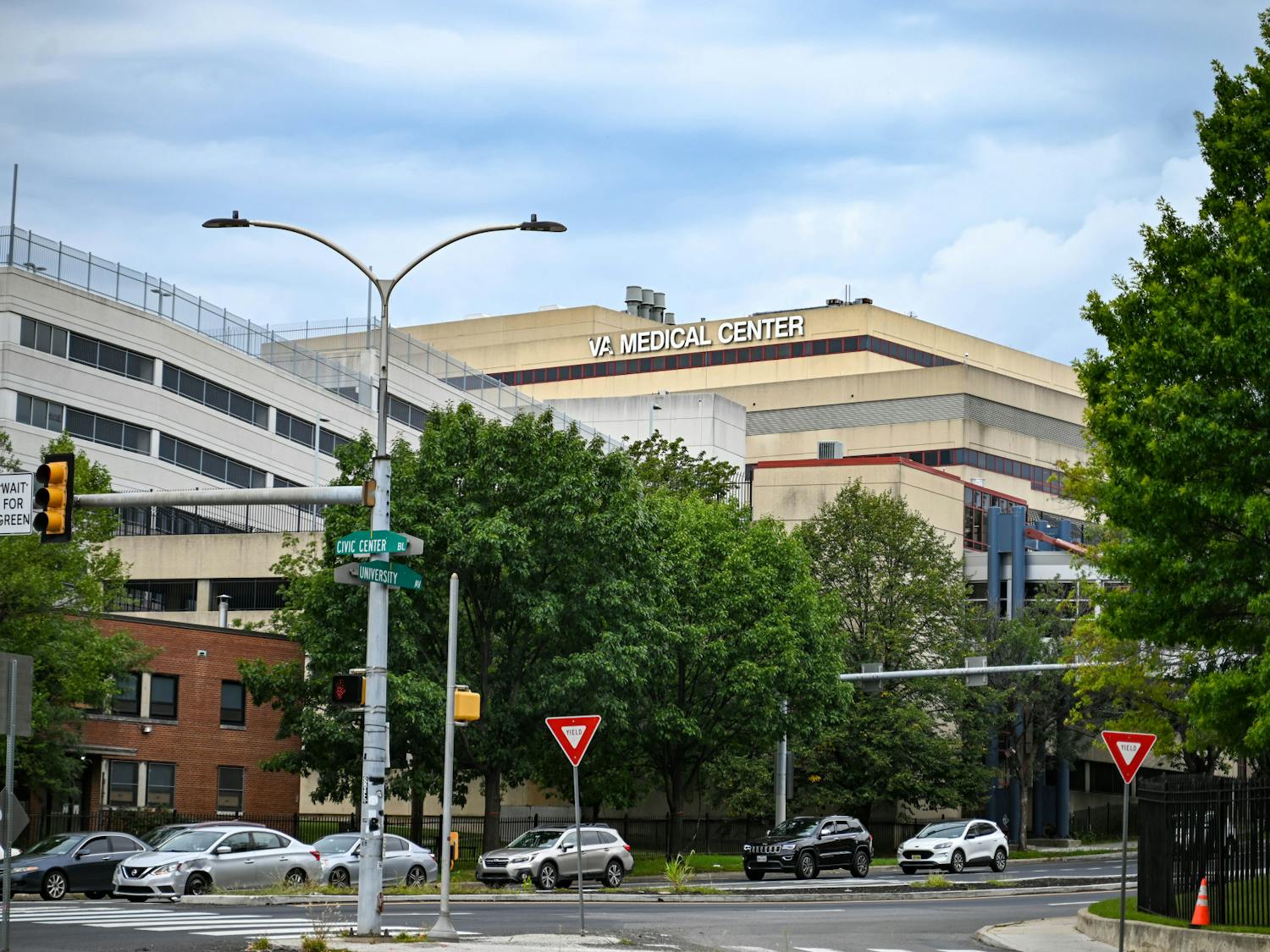Researchers at the Perelman School of Medicine found that even a low rate of evictions could significantly increase the spread of COVID-19 throughout the United States.
When tenants are evicted, most people "double up" with other households, contributing to the spread of COVID-19 within households, Penn Medicine News reported. With more people living together, it is hard to follow social distancing measures, which slow community transmission.
“A larger household has more opportunities for the virus to get into the home, and once it’s there, it can spread more,” professor of Epidemiology Michale Levy told Penn Medicine News. “Those two things act multiplicatively and have outsized repercussions on the growth rate of the epidemic.”
In Philadelphia, the confounding impacts of mass unemployment and viral transmission in the home are most prominent in poorer communities of color, Penn Medicine News reported. The researchers found that evictions could cause 53,000 extra infections across the city.
The Penn Housing Rights Project has worked to defend low-income tenants facing eviction in Philadelphia through direct representation and a tenant support hotline. Philadelphia's response to the ongoing housing crisis continues to change, which has created a challenge that Penn Law School students are trying to combat.
The Aspen Institute found that the United States may be facing its most severe housing crisis in history. In August 2020, researchers predicted that between 30 and 40 million Americans would be at risk of eviction in the coming months.
After President Joe Biden was inaugurated, he signed an executive order extending the moratorium on evictions for renters who fell behind on payments during the pandemic, Forbes reported. The Centers for Disease Control and Prevention authorized the extension through March 31.









